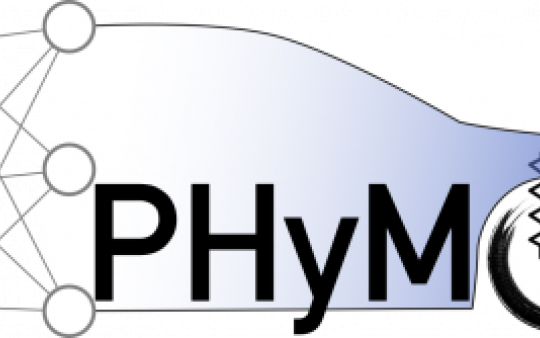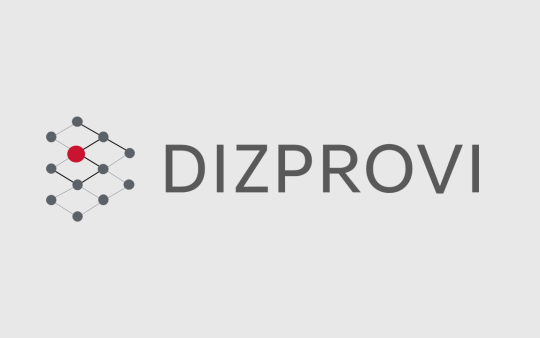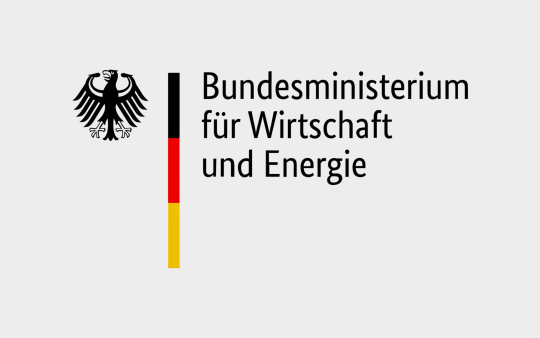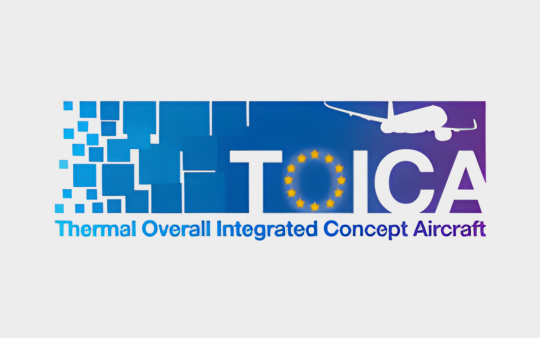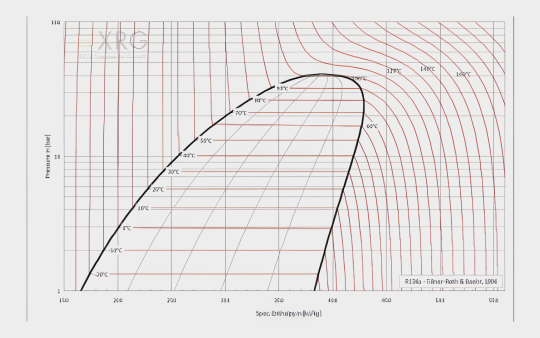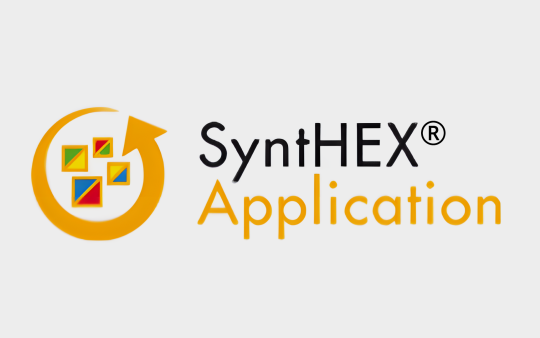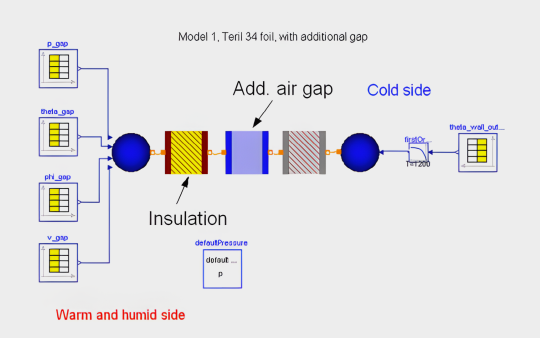DIZPROVI - DIgitale Zwillinge für PROzessoptimierung und Vorausschauende Instandhaltung
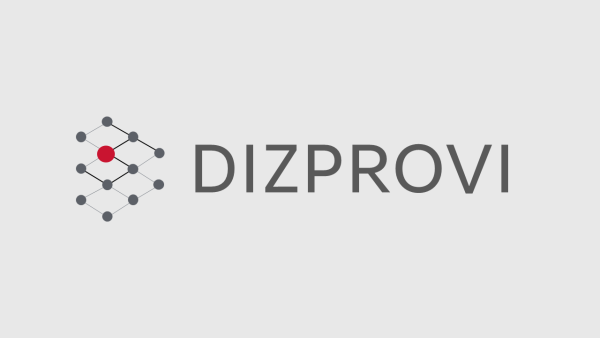
The objective of the DIZPROVI project, within the Digital Twin project stream, was the technical implementation of hybrid system models consisting of physics- and data-based model components in Modelica. This was done to make existing operating data from real power plants more usable for system simulation (model identification) and to increase the numerical performance of large system models (surrogate models). The objectives were to investigate the advantages and limitations of such an approach and to derive general best-practice recommendations for the creation of hybrid system models. In particular, the generalizability of the created hybrid model components with regard to application in new model contexts (reusability) was to be investigated.
The key result of this project is the open source Modelica library SMArtInt for creating hybrid system models. The library allows the use of trained neural networks directly from Modelica. It supports both feedforward and recurrent neural networks, which can be stored in the "onnx" and "tflite" file formats. Extended functionality, such as the automated generation of suitable Modelica function blocks from neural networks, an extrapolation warning for input data outside the training data during simulation, and the automated conversion of unit-based inputs into dimensionless key figures, will be provided in a commercial version, "SMArtInt+". The experience gained in creating hybrid system models has been summarized in a best-practice catalog.
PARTNER
The following german institutions were partnering in this joined project:
- Fraunhofer Institute for Ceramic Technologies and Systems, Dresden
- LEAG Kraftwerke AG, Cottbus
- ABB AG, Cottbus
- EMIS Electrics GmbH, Lübbenau
- CombTec GmbH, Zittau
- Hochschule Zittau Görlitz, Zittau
Research Funding
The research project DIZPROVI was supported by the Federal Ministry of Education and Research (number 03WIR0105E) and ran from April 2021 to April 2024.

